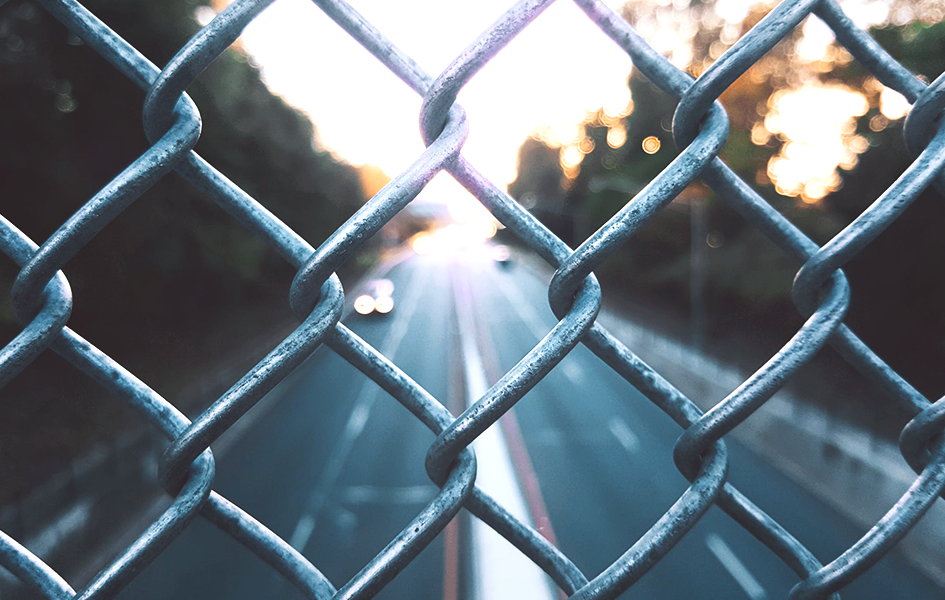3 Money Lessons I Didn’t Learn Until I Was Financially Stable

For most of twenty-four years of life, I’ve struggled with money. Today, my biggest money problem is figuring out how much to save on a monthly basis — versus growing up, when I would worry about whether my mom and I would have enough money to pay for rent or food expenses. After years of hard work (working in retail as a teen and now as a freelance writer), I’m currently financially stable. But that hasn’t always been the case.
Having been raised in a low-income, single parent home in the expensive city of New York, my relationship towards money was always quite fickle. There was never enough to cover basic necessities and invest in my future. Quite frankly, even the idea of funding a savings account was impossible. How can you focus on putting aside extra money when you’re just trying to get by? As a result, I grew to hate the notion of money and everything it represented, and the concept of personal finance brought me dread. For far too long, I was completely ignorant about how to properly budget or why it was so important to have a savings account for emergencies — but that was simply because I just didn’t have sufficient income to care. The reality is no matter how hard people like mom and myself worked, so many people in the US aren’t compensated fairly enough to even survive, much less to put towards various financial goals.
That’s also a big reason why I used to avoid the world of personal finance world like the plague. Unlike the welcoming and understanding community we’ve built here at TFD, so much of the personal finance advice financial experts dole out can feel inaccessible for people like myself trying to live on low incomes — it also wouldn’t really make much of a difference in our lives. Believe it or not, some people can’t afford to buy Starbucks coffee in the first place, so telling them to cut back on buying daily lattes can come off as tone-deaf if you don’t at least acknowledge that.
I say all of this to say, I never quite understood why I felt uncomfortable about money until recently, now that I have become comfortably middle class. In the past couple of months, I’ve had so many revelations about personal finances since I’m no longer in survival mode, and they’ve been very illuminating. Here’s what I’ve discovered the moment my financial status changed:
1. Paying your rent and bills on time is a major accomplishment.
According to CNBC, 78% of full-time American workers live paycheck to paycheck. If you fall in this camp (like I once was), you know how frustrating it can be to pay off all of your bills every month and not have much money left over (if any) to treat yourself or bulk up a savings account. I always felt guilty about it despite it really not being any fault of my own or my mother’s. But thankfully, these days, I am more forgiving towards myself and have a different perspective about that time of my life. Just being able to pay for the bare minimum in a timely manner is cause for celebration because not everyone can afford to. Within the personal finance world and beyond, we should also uplift those who are successfully keeping their heads above water despite economic adversity, not just the ones who hit big financial milestones.
2. It’s not that you don’t know how to save, you’re just not making enough.
Having a healthy savings account is a privilege. It’s incredibly important step for achieving financial stability, but it’s also not doable for everyone. One major thing people don’t understand about living on a low salary is you’re in a constant state of crisis, which makes it difficult to focus on long-term goals like an emergency savings account with three to six months worth of funds. When you’re hyper-focused on just getting through each week, the last thing on your mind is saving money. That’s precisely why mishaps like a broken car or a medical emergency can prove disastrous for low-income folks — they don’t have an emergency fund to rely on.
3. You should never be ashamed about having a side hustle.
A lot of people have to work more than one job to make ends meet or to build decent savings. Personally, I started mystery shopping last year through companies like BARE International and Second to None in order to make some extra money to pay off my credit card. For the longest time, though, I never told anyone about it but my mom — it kind of felt like an embarrassing thing to do (go into shops and pretend like you’re a paying customer in order to review the service), and I didn’t want people to feel sorry for me. Now, I couldn’t care less what people think of it. Money is money, and it’s a relatively simple way to earn it. Plus, so many people have side hustles for various reasons. I shouldn’t feel a way that I do, too.
*****
If there’s anything I’ve taken away from my precarious childhood to financially comfortable adult life, it’s that you should never, at any point in time, feel ashamed about your financial circumstances. So long as you have a warm place to live, proper nutrition, and running water, you should feel proud of yourself. The mere act of surviving is progress no matter how insignificant it seems. Everything else you can work on in due time.
Shammara is the editorial assistant at The Financial Diet. When she’s not copy-editing the content for the site or writing about her financial woes, you can find her on Twitter sharing her thoughts on beauty and fashion trends, and pop culture.
Image via Pexels


